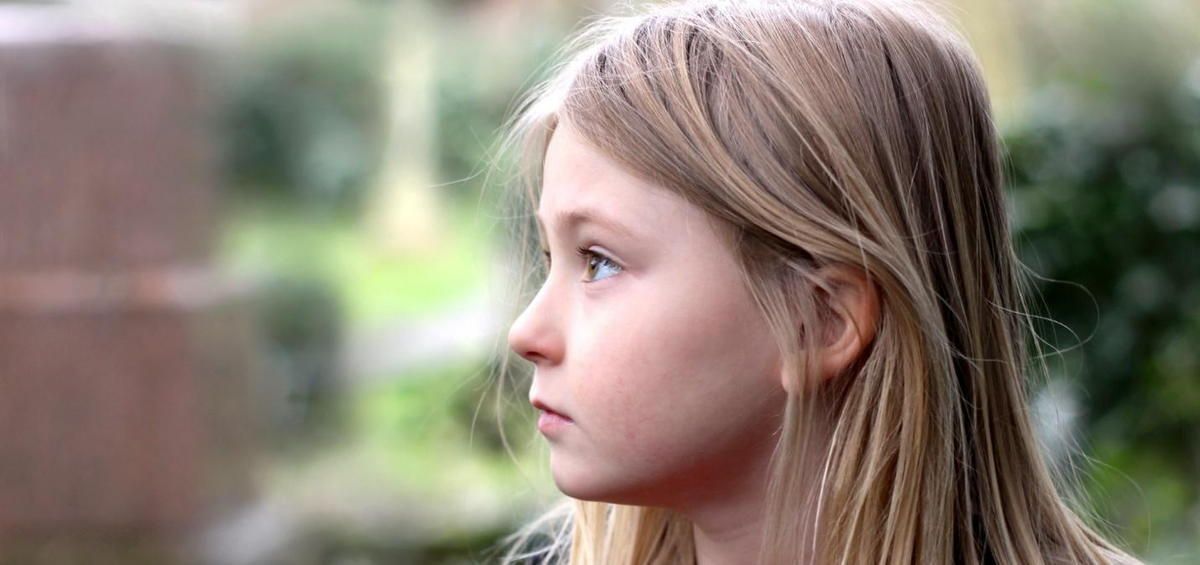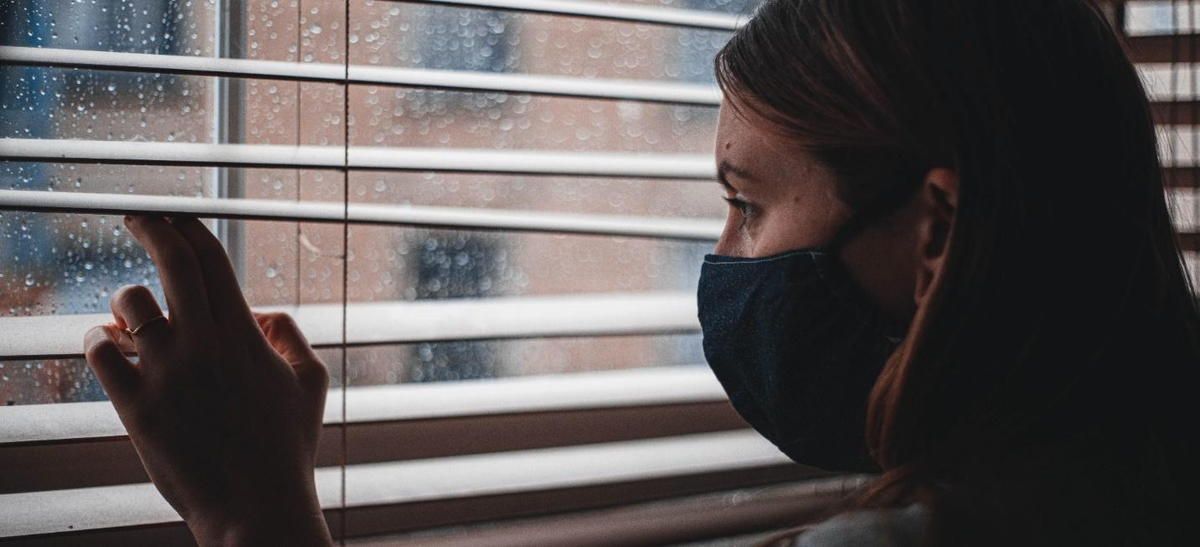Do you have Big “T” or Small “t” trauma – they are both harmful!
What’s the first thing that comes to mind when you come across the term PTSD?
For many of us, the answers include going through harrowing life events like war, natural disasters, physical or sexual assault, or any other catastrophe.
After all, people only develop PTSD who have experienced a severe life-threatening event, right?
WRONG! Research suggests that developing post-traumatic stress disorder may not always depend on the severity of the trauma or accident.
PTSD is a serious life-altering condition that shapes how we feel and show up in the world.
Furthermore, individuals who have experienced trauma are at a much greater risk of developing mental illnesses, substance abuse problems, eating disorders, and other behavioral issues.
As general awareness around PTSD and trauma is increasing, it is time to understand the true definition of this term and all its implications. The information we have may be incomplete or inaccurate, which may lead to those who have PTSD go misunderstood or mistreated.
Trauma comes in numerous forms and affects people in different ways. Knowing what to look for can help you or your loved ones deal with the effects of trauma more effectively.
Let’s first go through the word trauma in PTSD and how we categorize it. Trauma means any distressing event that affects a person’s ability to cope or function.
But there is a difference between Big “T” Trauma and Small “t” Trauma.
Big T Traumatic events are what we usually associate with when we think of PTSD. These more severe extraordinary events leave the person feeling hopeless and powerless and are often easily recognizable as major disturbing occurrences.
A fatal car accident, sexual abuse, physical assault, combat, or war are all instances that fall under Big T.
On the other hand, Small t Trauma comprises less severe events that may not be as alarming or life-threatening as Big T on the surface. These are every day or less pronounced occasions that don’t involve violence or disaster but can cause significant psychological damage.
Small t Traumas are often overlooked because of their less violent nature, but research suggests repeated exposure to Small t can cause more emotional harm than a single Big T event. So, they are not to be taken lightly.
Small t events are not primarily physically threatening; they can be ego-threatening or morale-threatening as they may create intense feelings of discomfort, helplessness, and having no control over one’s life.
Some common causes of Small t can include:
- Living in a high-conflict family.
- Losing a job or financial worries.
- A challenging friendship.
- Prolonged stress about something.
- Losing a loved one or a pet.
- Bullying or harassment.
- Being disrespected.
- Being involved in an accident.
- Being involved in an athletic injury.
These incidents may fly off the radar when considering the prevalence of PTSD in a person because of their less intense nature, but they are equally damaging in their effects.
Take the example of an athlete. Studies have shown that athletes are more prone to PTSD than regular people. An average of 1 in 8 athletes have PTSD. How?

A baseball player could dislocate his shoulder because of swinging the bat too far. Although this is a common injury and the shoulder gets relocated easily in most cases, the intense temporary pain could instill fear in the player and shatter his confidence in hitting. This fear could continue for a long period leading to a decrease in performance or the player not participating because of the injury, leading to PTSD related to batting. Other players watching the ordeal or hearing about it may develop fear related to their own shoulders, thus triggering PTSD in them as well.
The same is true with driving cars or any of the other causes mentioned above.
For this reason, less severe traumas often go unreported or unnoticed.
What are some common symptoms of a person experiencing PTSD from less severe traumas?
Both Big T and Small t traumas share some common symptoms, such as:
- Re-experiencing the trauma where the memories of the incident replay in the form of nightmares and flashbacks as if it is happening all over again.
- Emotional reactions in the form of anger, frustration, fear, anxiety and guilt.
- Avoiding thinking about the trauma and thus using unhealthy coping mechanisms like substance abuse to cope with it. This is usually the most prominent symptom of PTSD.
- A distorted image of the world and how you view yourself. Seeing yourself as weak or inadequate.
- Hyperactive nervous system and having emotional responses where you feel on edge every time, such as mistrusting everyone’s intentions, feeling danger, being easily frustrated, or losing interest in sex.
Every person has a unique level of resilience – their ability to handle stress. What is not so severe for one person may be highly distressing to the other, which impacts their ability to cope with the trauma and function properly, leading to the development of mental health problems after an accident or event, so much so that there’s a 70% correlation between PTSD and Substance Abuse.
It is also observed that if you perceive that your or someone else’s life is in danger, you can also develop PTSD.

So, the key to understanding the impact of less severe trauma (Small t) in the development of PTSD is examining how an event affects an individual rather than focusing on the event itself and adopting a personalized approach for helping each person resolve their trauma and return to normal functioning.
If neglected and left to fester, your trauma can make it difficult to function normally, and its harm can seep into every area of your life.
Therefore, it is crucial to recognize the symptoms of PTSD and seek professional help when your trauma starts disturbing your peace in life.
In many cases, seeking a trained behavioral therapist and mental health counselor can help you get rid of your PTSD symptoms and start moving towards a happier life. Getting treatment for PTSD can help you regain your sense of control and learn lifelong healthy coping skills that help you not only positively deal with your stressors but also improve the quality of your life significantly.










